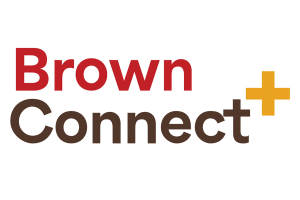A graduate degree can help you develop specialized knowledge and skills in an area of interest, and to obtain additional qualifications that may be necessary to practice your chosen profession. Your options include (i) An Sc.M. program; (ii) A Ph.D. program; and (iii) Another advanced degree, such as an M.D., M.B.A or J.D.
Sc.M. programs in engineerings are one or two-year programs that provide specialized training. They usually consist of a set of advanced courses, with an option of writing a thesis. Engineers with an Sc.M. degree are often in demand by employers and are given postings with more responsibility. Most Sc.M. programs do not offer financial aid or support, although there are exceptions.
A Ph.D. is a research degree, and is a necessary qualification for academic positions, industry research labs, and national laboratories. Some consulting firms also prefer to hire STEM Ph.D. graduates. A Ph.D. program in engineering requires both course work and a thesis, and usually takes between four and six years to complete. At U.S. institutions, Ph.D. candidates are normally fully supported by external grants or teaching assistantships.
A competitive application to graduate school will include (i) a personal statement, which schools use to determine whether your interests are a good match to their program; (ii) a solid transcript that shows you are prepared for advanced study; and (iii) strong letters of recommendation, preferably from faculty who have taught you recently or have had the opportunity to work with you on a major project or research. Many programs also require you to take the GRE examination. It can be helpful to complete an honors thesis, but any significant project work through independent study; capstone design; or extra-curricular projects is good too.
The following resources are available to help you to apply to graduate programs
